Many cat owners have noticed their feline companions engaging in peculiar behaviors, including nail biting. While it may seem harmless and endearing, excessive nail biting in cats could indicate an underlying issue.
We will explore the various reasons why cats may chew on their nails, how to identify abnormal nail biting, potential health risks, and practical vet-approved tips to manage this behavior.
- Excessive cat nail biting may indicate health issues like allergies or infections.
- Stress, anxiety, and boredom can lead to cats biting their nails.
- Abnormal nail chewing in cats can lead to infections and paw damage.
- Regular veterinary exams and nail maintenance can help manage the behavior.
- Environmental enrichment and interactive toys can reduce nail-biting.
This post may include affiliate links.
The information provided herein is for informational purposes only. Please refer to our disclaimer for more details..
Reasons Why Your Cat is Biting Its Nails
When it comes to understanding why your cat may be biting its nails, several factors should be considered. Possible medical issues should be the first thing that goes under your metaphorical microscope. Excessive nail biting in cats could be a manifestation of a medical problem that is being overlooked.
Disorders affecting the skin, such as allergies or fungal infections, may cause discomfort, leading the cat to chew on their claws in an attempt to alleviate the irritation. Allergies, in particular, can affect the paws, causing them to be extremely itchy.
Image credit: pickpik.com
Stress or anxiety triggers can also be the culprit. Some humans bite their nails as a habit or a coping mechanism, and cats are not so different. Being sensitive creatures, they may resort to nail biting as a coping mechanism in response to stress or anxiety.
Behavioral causes of cats engaging in nail biting can be complex. Some cats may develop a nail-biting habit due to boredom or insufficient mental stimulation. Additionally, underlying behavioral issues or compulsive disorders may prompt cats to chew on their nails excessively.
Sometimes, nail biting in cats could be a sign of an underlying medical issue, such as skin allergies, pain or discomfort in the paws, or dental problems. It’s important to rule out any potential medical causes before assuming the nail-biting behavior is solely due to stress or anxiety.
Environmental stressors can also be a contributing factor to odd cat behavior. Changes in a cat’s environment, such as moving to a new home, introducing new pets, loud noises, or changing routines, can all be potential triggers for stress and anxiety in cats, leading to obsessive nail biting.
Interestingly enough, cats are highly attuned to their owners’ emotions and can pick up on their stress or anxiety. If a cat senses its owner is stressed or anxious, it may also become stressed or anxious itself, leading to nail-biting as a coping mechanism.
Social interaction with other cats or stressful interactions with humans can also trigger stress and anxiety in cats, leading to nail-biting behavior as a response to these social stressors.
How to Determine If Your Cat is Biting its Nails Excessively
Recognizing abnormal nail biting in cats requires careful observation. Observing the cat’s grooming behavior can be very effective. Simply take note of your cat’s grooming sessions.
If you notice your cat frequently and persistently chewing or pulling at its nails, it may indicate a problem.
Image credit: Rosana Prada
Check for signs of nail damage. Regularly inspect your cat’s nails for any signs of damage, such as excessive wear, fraying, or inflammation around the nail bed. If your cat is constantly pulling and chewing at their nails, it is essential to pay attention to how frequently the event occurs.
Seeking a veterinary examination could be the most helpful step to stop your cat’s biting and chewing. Suppose you suspect that your cat is biting its nails excessively. In that case, it is advisable to seek a thorough examination by a veterinarian to rule out any potential medical issues contributing to the behavior.
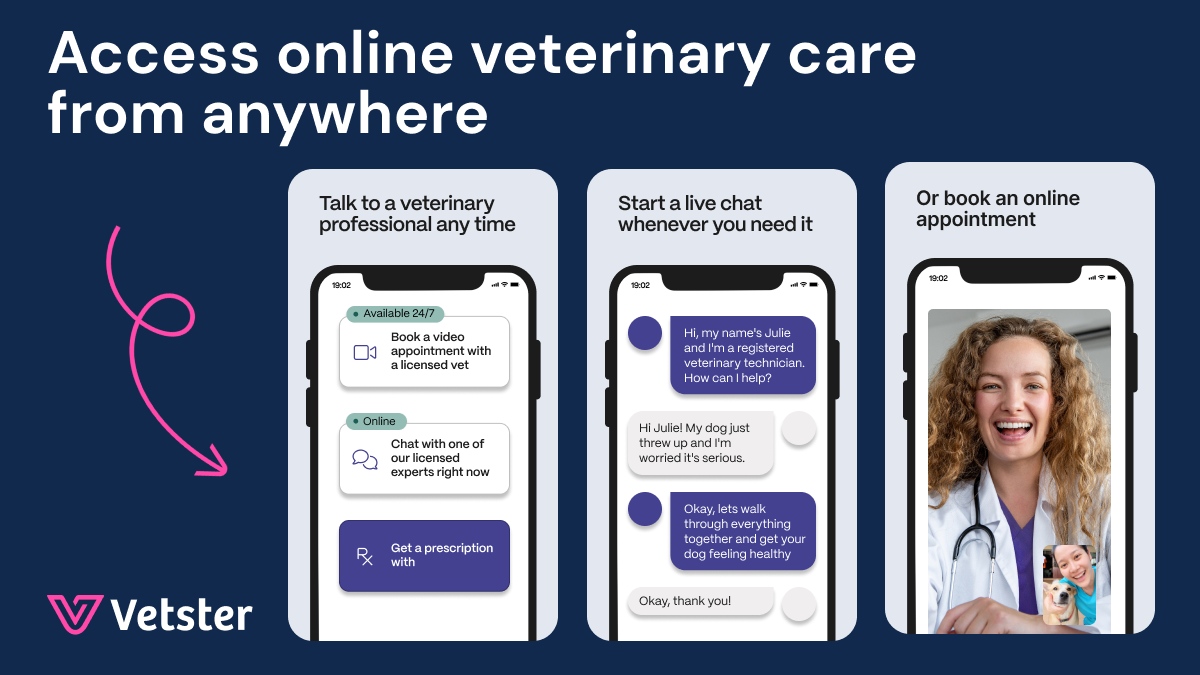
What Are the Potential Health Risks Associated with Cat Nail Biting?
Excessive nail biting in cats can pose several health risks. Nail infections and inflammation can be problematic with this type of cat behavior. Chewing on their claws can lead to infections or inflammation, potentially causing pain and discomfort for the cat.
Sometimes, these issues can even require antibiotics for healing. As an extension of this, persistent chewing on the nails may damage the paw pads, affecting the cat’s ability to walk and leading to further complications.
If your cat is experiencing this type of abnormal nail chewing, be aware that it can also affect the cat’s psychological well-being, leading to increased stress and potential behavioral issues.
How to Address Abnormal Nail Chewing in Cats
A few steps can be taken to address abnormal nail chewing in cats effectively. Consulting a veterinarian for diagnosis can be a surefire way to get to the bottom of your cat chewing on its nails. Seeking professional guidance from a veterinarian is crucial to diagnose any underlying medical or behavioral issues and determine an appropriate course of action.
Implementing environmental enrichment can also help cats bite and chew their nails constantly. Introducing mentally stimulating activities and providing interactive toys can help alleviate boredom and reduce the cat’s inclination to chew on their nails.
What Are the Effective Vet-Approved Tips to Manage Cat Nail Biting?
When it comes to managing cat nail biting, veterinarians can recommend multiple ways to troubleshoot the issue.
Regular nail trimming and maintenance can prove to be extremely helpful. If your cat is pulling at their claws with their teeth, there is a possibility that the nails are too long for comfort.
Keeping your cat’s nails trimmed can minimize the urge to bite or chew on them. Maintaining a healthy cat with trimmed claws also contributes to their overall well-being.
Image credit: Gustavo Fring
Ensure to provide stimulating cat toys, such as scratching posts, so your cat can engage its compulsive energy in the right areas. Providing suitable scratching posts allows cats to engage in natural behaviors, keeping their claws healthy and satisfying their need to scratch and groom without heightening the need to chew and bite their nails.
Give your cat the attention they need to promote healthy mental and physical stimulation. Now that we know that many factors can cause excessive nail chewing, you can create the opportunity to bond with your cat in regular play sessions while offering interactive toys that can help alleviate stress and prevent boredom, thus reducing the likelihood of nail-biting behavior.
188views
Share on Facebook
 Dark Mode
Dark Mode 

 No fees, cancel anytime
No fees, cancel anytime 






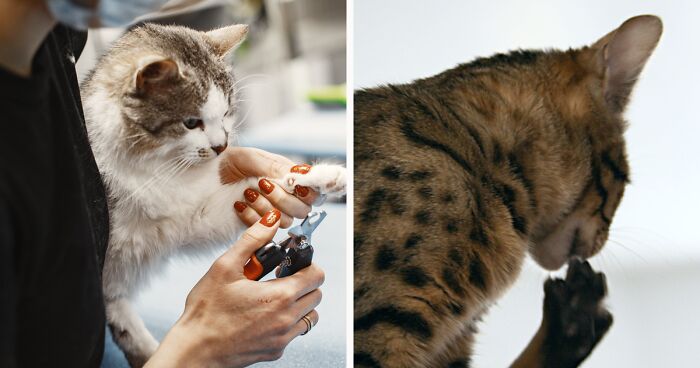
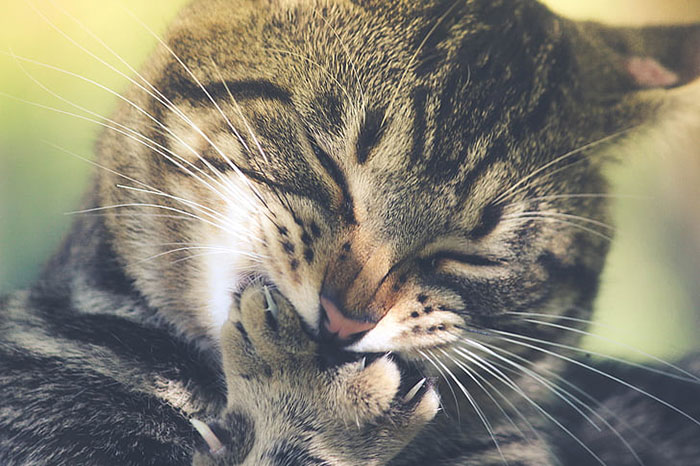
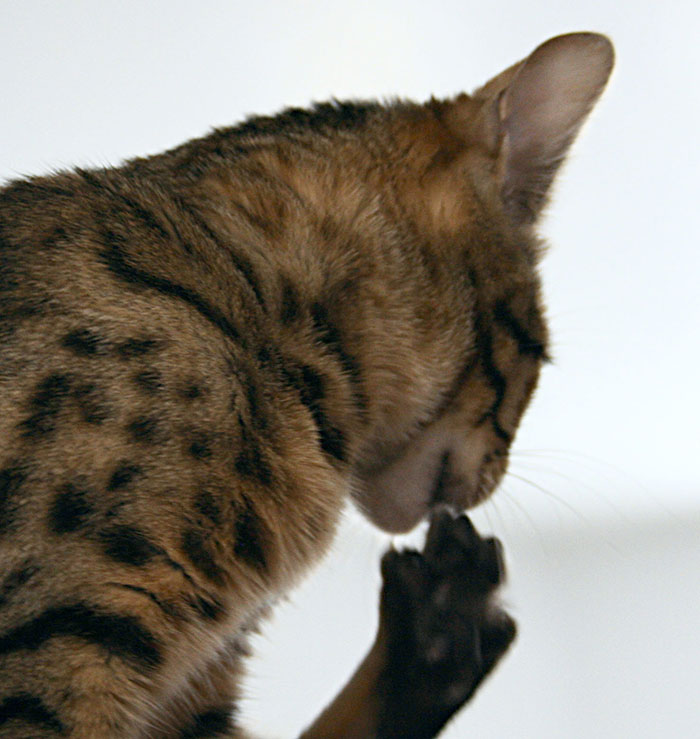
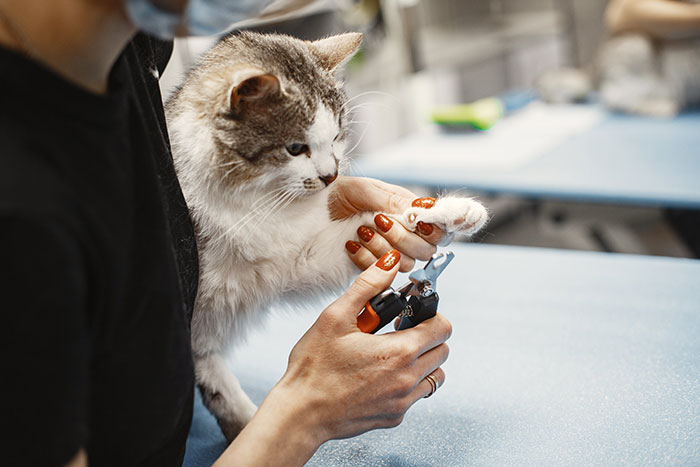











































12
0